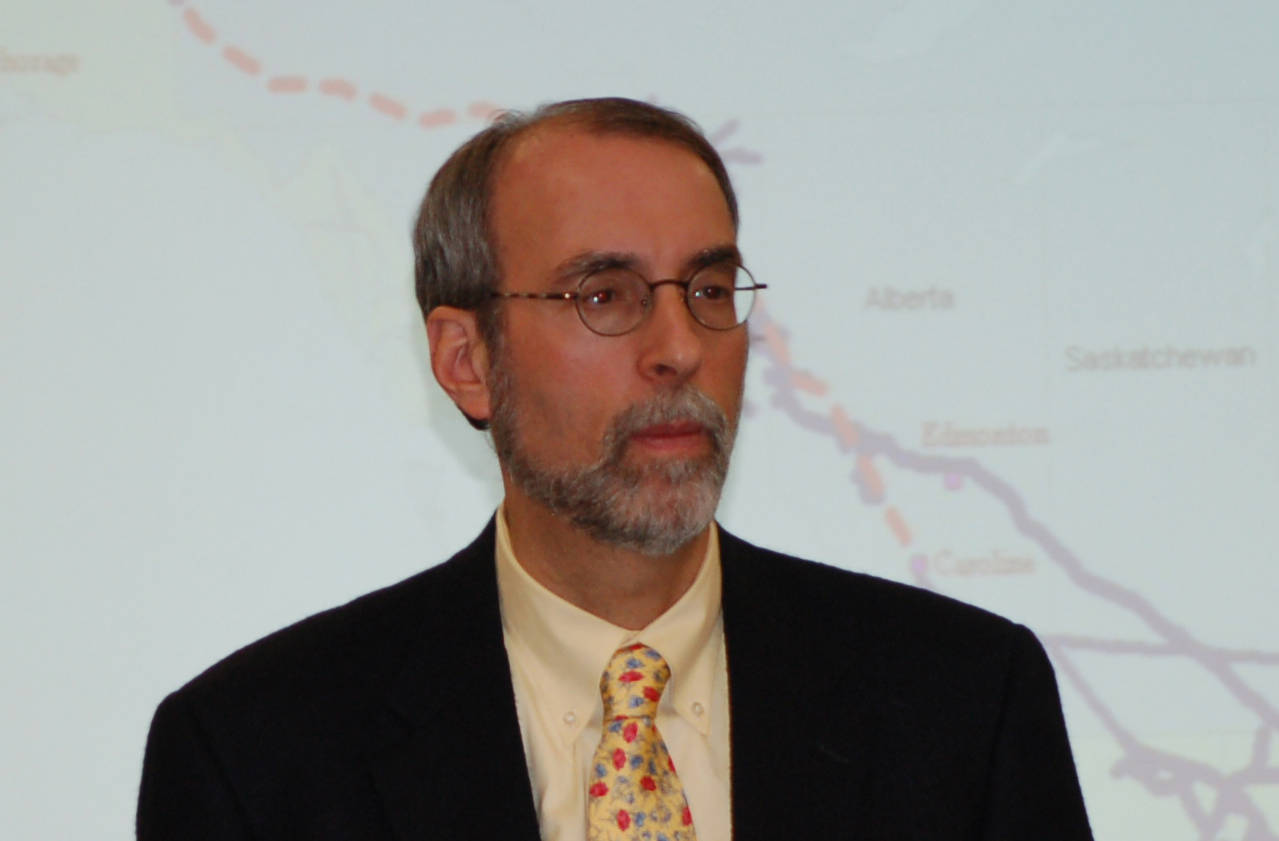Alaskans are familiar with managing the state’s resources for the common good. We pride ourselves on it. And, with less pride, we’re also familiar with community tragedies, such as inadequate funding for substance abuse treatment, sexual assault response and child protective services.
Maybe the answer to the current Alaska Permanent Fund dividend debate lies in thinking of common good and tragedies together.
There is a conventional economic wisdom called “Tragedy of the Commons,” in which individuals see an incentive to consume a common resource before everyone else gets to it. The me-first approach results in overconsumption, underinvestment and, ultimately, exhaustion of the resource.
The tragedy is the long-term community good losing the battle to short-term individual interests.
A painful example is the collapse of the North Atlantic cod fisheries from too many boats trying to catch too many fish before someone else gets the fish. Individuals profited in the short term, while the common good suffered in the long term.
History teaches us similar lessons of resource battles over water rights and grazing lands.
Isn’t the fight over the size of the permanent fund dividend similar? Get the most money you can before your community uses more of it for schools, roads and other public services?
Supporters of a big dividend say it’s their money. But paying that big individual dividend every year means cutting back on common services and drawing down the permanent fund faster than it can earn money. It means letting others deal with the problem when the resource savings — the commons — are depleted. It means jeopardizing the future of our communities.
As with the cod fisheries, let someone else suffer the consequences of the tragedy.
As legislators and big-dividend advocates call the check a “birthright” or “my money,” they put the dividend ahead of long-term investments in education, public safety, health, housing, roads and all the other commons of our communities.
It sounds like we have a Tragedy of the Commons in the making if we continue to follow an outdated, 37-year-old dividend formula and its $3,000 calculation, even if it means overdrawing the permanent fund and putting it at risk.
Can we avoid a tragedy in Alaska?
The late Elinor Ostrom won the Nobel Memorial Prize in Economic Sciences in 2009, the first woman to earn this distinction. Ostrom is recognized for her work in understanding how communities share common resources. She argued that communities can overcome the supposed inevitability of the Tragedy of the Commons by successfully managing shared resources into future.
It requires good management, limitations on using the resource and community involvement in decision-making.
Most scholarly work into the Tragedy of the Commons deals with natural resources, such as grazing land, fish or water for irrigation. But in Alaska, where the permanent fund is the result of our common resources, it makes sense to think of the dollars in the fund the same as oil in the ground.
Produce the oil at a managed pace to maximize recovery. Don’t risk overdrawing the resource by taking out too much, too quickly, for immediate benefits.
Taking more money out of the permanent fund to pay big dividends beyond what the fund can realistically earn each year is not sustainable. Devoting more to individual dividends than common benefits cheats the future of our state.
Alaskans may own a new pickup truck but lack a job or a good school for their children if we weaken our communities and our long-term economic health.
As legislators and the governor debate the size of this year’s permanent fund dividend and a structure for determining the amount of future dividends, the goal should be finding a formula that is sustainable for the common good over the long term. Picking a high number to satisfy last year’s campaign promises, political wants and individual demands would be a tragedy.
Larry Persily is a longtime Alaska journalist, with breaks for federal, state and municipal jobs in oil and gas and taxes, including deputy commissioner at the Alaska Department of Revenue 1999-2003. He will teach journalism starting this fall at the University of Alaska Anchorage.
• Larry Persily is a longtime Alaska journalist, with breaks for federal, state and municipal jobs in oil and gas and taxes, including deputy commissioner at the Alaska Department of Revenue 1999-2003. He will teach journalism starting this fall at the University of Alaska Anchorage.

